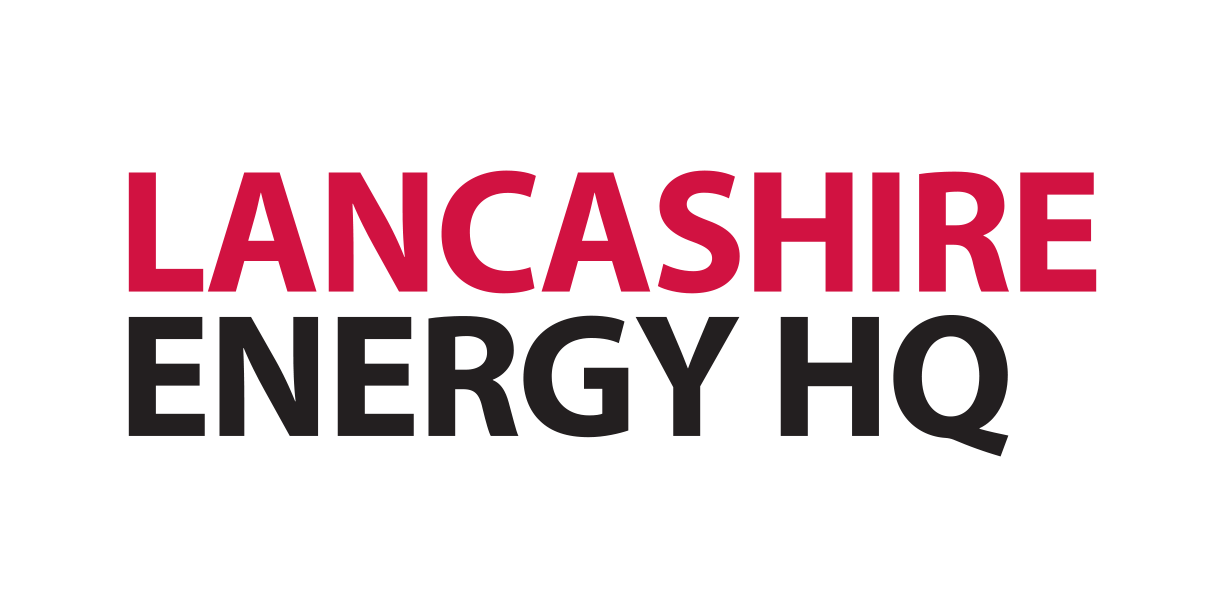Engineering For England - HNC
Course Code: ET1HE624
DEGREE-LEVEL
Next course dates
Course Overview
General engineering has excellent career opportunities available for appropriately qualified and skilled personnel. The part-time HNC in General Engineering aims to foster the technical and transferable skills required for employment and progression within employment in this specialised field of engineering. The programme is a product of close collaboration with key industry employers.
This course is offered both full-time and part-time (full-time over 1 year and part-time over 2 year duration).
Entry Requirements
A minimum of 48 UCAS points (excluding Functional Skills) in an appropriate discipline:
- DD from A levels to include mathematics and a technology, engineering or science-based subject
- PPP from Extended Diploma, MP from Diploma, MM from 90 Credit Diploma in appropriate Engineering discipline
- Mathematics GCSE at Grade B/5 or above and English Language GCSE at grade C/4 or above
- Applicants for whom English is not their first language are expected to achieve a minimum 6.0 overall with at least 5.5 in each component
Applicants who are able to demonstrate relevant work/life skills or knowledge will also be considered on an individual basis.
Please note: Where wearing PPE (Personal Protective Equipment) is a mandatory requirement of the course, it is the responsibility of the learner to ensure that they are able to wear such equipment. Further information can be obtained at the IAG session which all applicants are invited to or by calling Course Enquiries on 01253 504343.
Assessment Methods
Coursework
Most courses are assessed via a combination of coursework and exams – the percentage weighting of each of these is outlined below. Coursework might range from written tasks and assignments to the collation of a portfolio of evidence based around a work placement. Coursework differs from exams in that it is usually non-timed and carried out independently.
Exam
Exams are formal, timed written assessments, carried out in a controlled environment and overseen by one or more invigilators. They assess your grasp of the theory and underpinning knowledge related to your chosen career area. The opposite of practicals, they require you to set out your practical understanding within an academic context. Some courses have no exams – the exam/coursework ratio is outlined below.
Practical
Practical assessments identify your technical ability to apply theory to hands-on tasks in your chosen career area. They can be timed or non-timed and involve observation of your practical skills and competencies, either in a work-based environment or a dedicated College setting that closely resembles the workplace. Practical work-based assessments are supported and carried out by a trained assessor.
| Assessment Method | Level 4 | Level 5 | Level 6 |
|---|---|---|---|
| Coursework | 0% | 0% | 0% |
| Exam | 0% | 0% | 0% |
| Practical | 0% | 0% | 0% |
Course Structure
Teaching and Learning Methods
Scheduled Learning
Scheduled time relates to the time you spend in directed study with the guidance and support of our academic tutors. Scheduled learning can take a variety of forms and will vary from one course to the next, but may include lectures, seminars, tutorials, project supervision, demonstrations, studio or workshop time, fieldwork and external visits.
Independent Study
Higher education courses rely on students undertaking work outside of formal, scheduled sessions and this is generally categorised as independent study. Independent study might include preparation for scheduled sessions, follow-up work, wider reading or practice, completion of assessment tasks and revision.
Placement
Many of the degree programmes at B&FC incorporate opportunities for work placements to provide you with the opportunity to link your studies to relevant professional practice in a real work environment. Our programme teams are able to offer support in securing an appropriate work placement where it forms part of your programme, and will work closely with you during the placement to ensure that the opportunity allows you to develop personally, professionally and academically.
| Learning Method | Level 4 | Level 5 | Level 6 |
|---|---|---|---|
| Scheduled | |||
| Independent | |||
| Placement | |||
| Total | 0 | 0 | 0 |
Other Costs and Equipment Needed
You will need your own scientific calculator. Other resources required to achieve the learning outcomes of the programme are provided by the College. You should be aware that there may be additional costs to consider such as optional educational visits and photocopying/printing.
Expert Tutors
All staff involved in the delivery of higher education courses within the College are approved to teach the subjects and modules they deliver. The approval process ensures that staff delivering a given programme are appropriately qualified and, where appropriate, possess relevant technical and industrial experience and professional practice.
Tuition Fees
Read our tuition fees guide.
Regulation and Accreditation
Accrediting Institution: N/A
Awarding Body: Pearson Education
Regulatory Body: Office for Students (OfS)
Terms and Conditions
Read our full terms and conditions for more information.







